Affiliate Program
An Affiliate of the South Central CASC is a person whose professional activity, including research or education, contributes to the goals and mission of the Center and who is actively engaging with the Center throughout the year.
Benefits of becoming an affiliate:
Opportunities to network with a multi-disciplinary group of regional climate adaptation leaders with an invitation to the annual South Central CASC Science Workshop.
A listing on our website with a description of research interests.
Potential for your work to be featured on our website, our social media outlets, and/or our monthly newsletter.
Science Advisory Committee
The purpose of the Science Advisory Committee (SAC) is to provide input to the CASC staff on annual funding priorities and on funding decisions about the resulting research proposals to the Director. For a complete list of the South Central CASC Science Advisory Committee, click the link.
Our Consortium
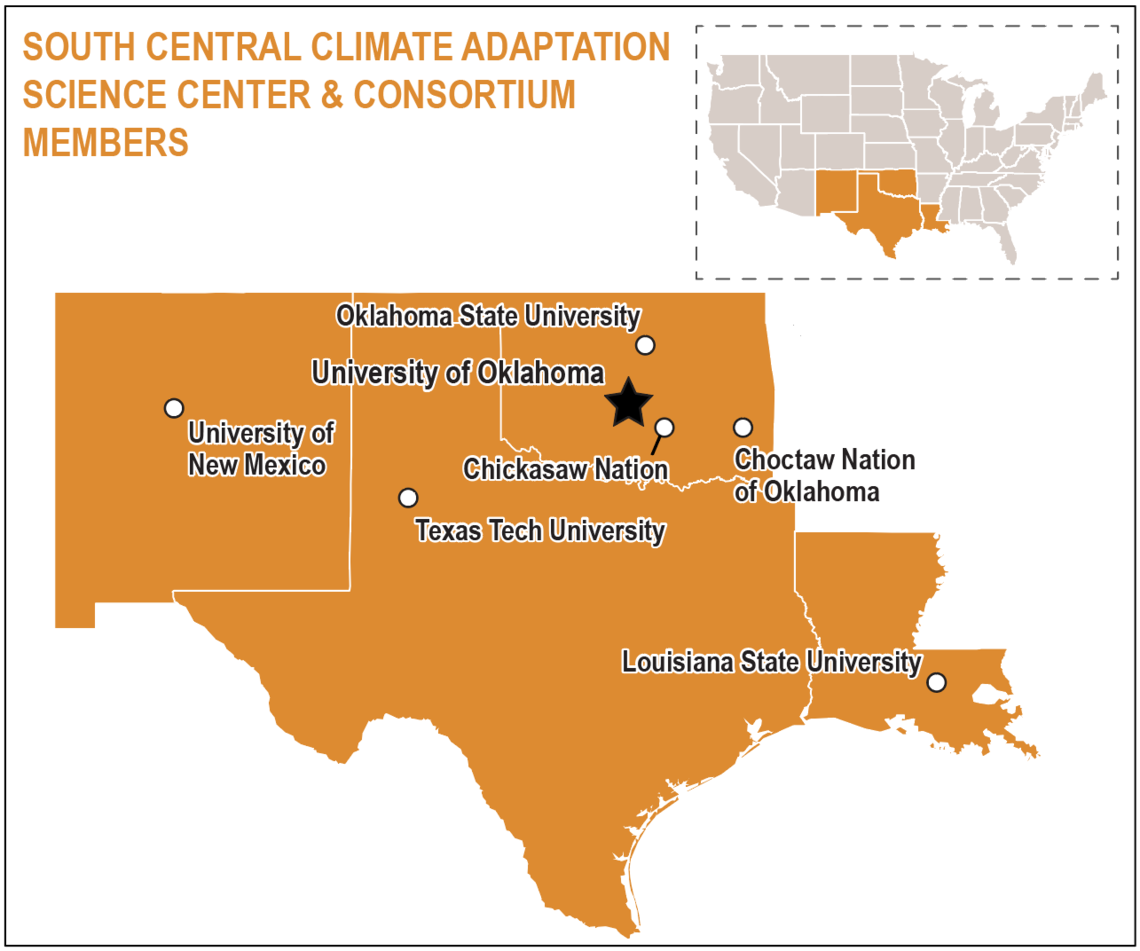
The work of the South Central CASC is accomplished through a collaborative partnership among USGS scientists, resource management agencies, and a consortium of academic institutions from across the region. The South Central CASC is hosted by, and physically housed at, the University of Oklahoma (OU), where space is provided for university, tribal, and federal employees.
Our consortium has broad expertise in the physical, biological, natural, and social sciences to address impacts of climate change on land, water, fish and wildlife, ocean, coastal, and cultural resources. The academic consortium also includes six additional member institutions:
University of Oklahoma
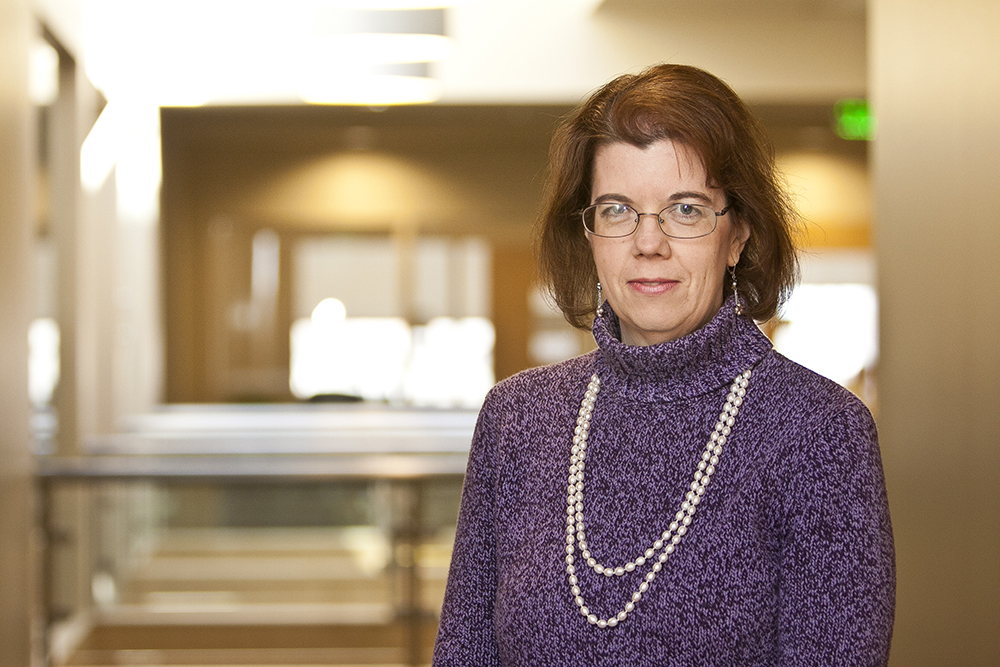
Principal Investigator
Dr. Renee McPherson, University Director & Associate Professor
Area of Expertise: Regional/applied climatology, land/air vegetation interactions, meso-scale meteorology, observing systems
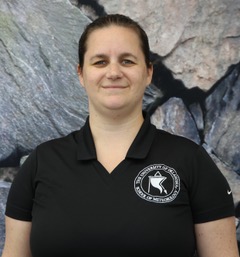
Co-Principal Investigator
Dr. Elinor Martin, Associate Professor
Area of Expertise: Precipitation variability, climate variability and change, climate model analysis

Co-Principal Investigator
Emma Kuster, University Assistant Director & Adult Education Specialist
Area of Expertise: Climate science and adaptation, climate education and outreach, stakeholder engagement

Co-Principal Investigator
Dr. Mark Shafer, Associate Professor, Associate State Climatologist, & Associate Director, Southern Climate Impacts Planning Program
Area of Expertise: Science policy and climate services
Louisiana State University

Principal Investigator
Dr. Clint Willson, Callais and Woods Professor and Dean, LSU College of the Coast and Environment and Director, LSU Center for River Studies
Area of Expertise: Physical and Numerical Modeling of River Hydrodynamics and Sediment Transport; Water Resources Engineering; Environmental Fluid Mechanics
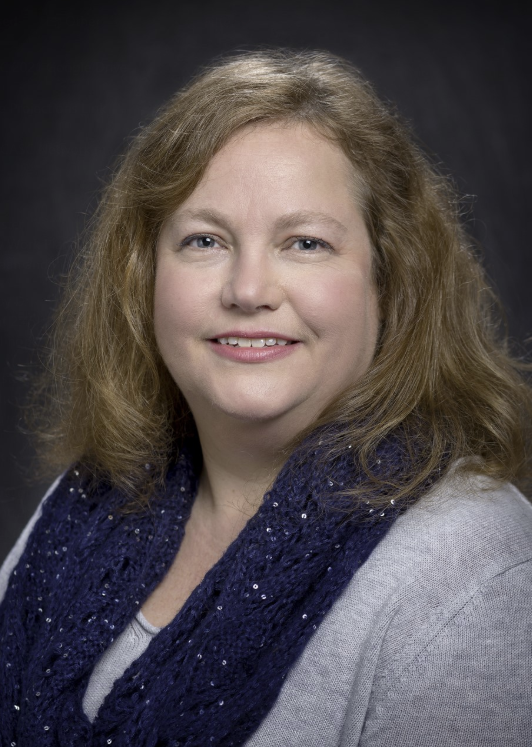
Co-Principal Investigator
Dr. Kristine DeLong, Professor
Area of Expertise: Paleo-oceanography and paleo-climatology, past ocean coral reconstruction, global circulation and sea surface temperature shifts, coastal research
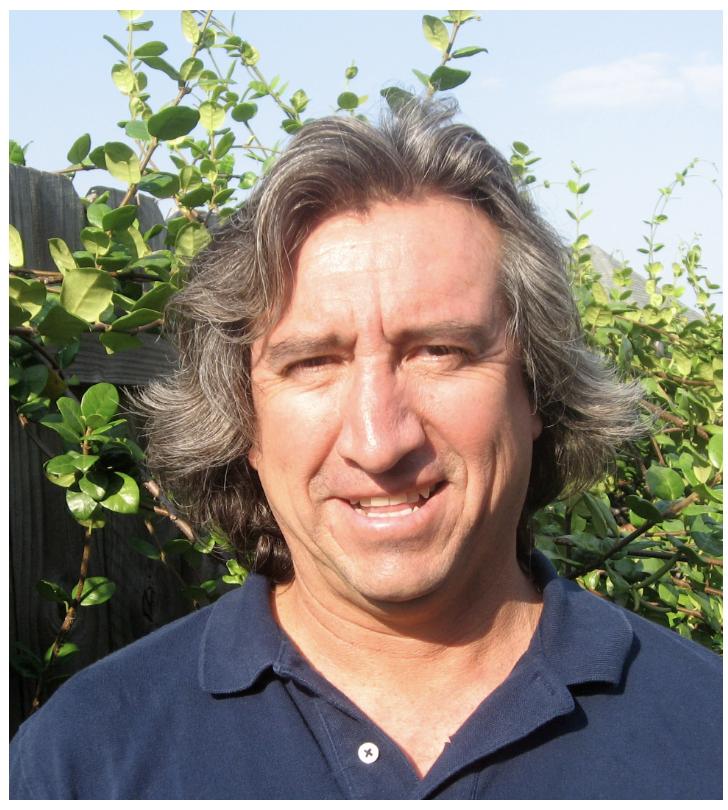
Co-Principal Investigator
Dr. Victor Rivera-Monroy, Associate Professor
Area of Expertise: Estuarine & coastal ecosystems, landscape/ecosystem models, coastal management and aquaculture
Texas Tech University
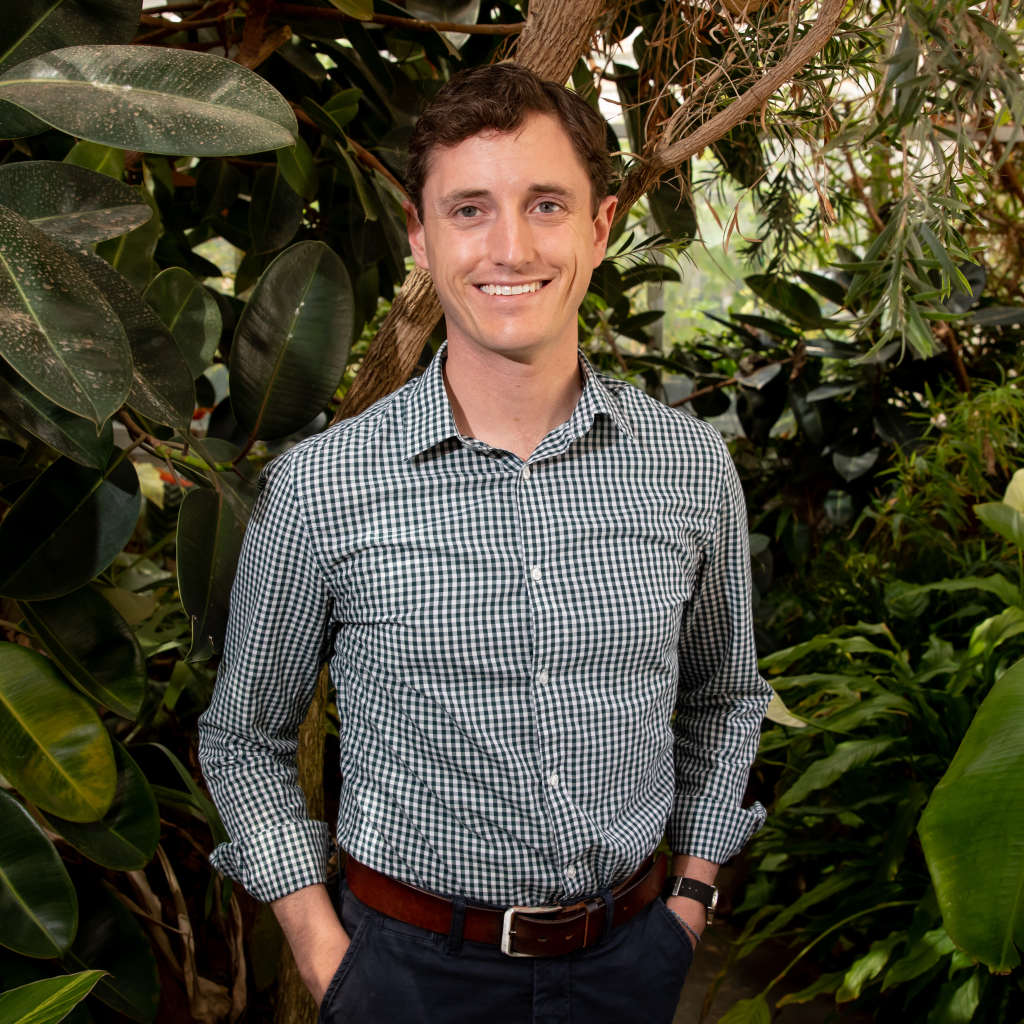
Principal Investigator
Dr. Nick Smith, Associate Professor, Director of the Texas Tech Climate Center
Area of Expertise: Plant ecology, plant physiology, terrestrial ecosystem ecology, modeling
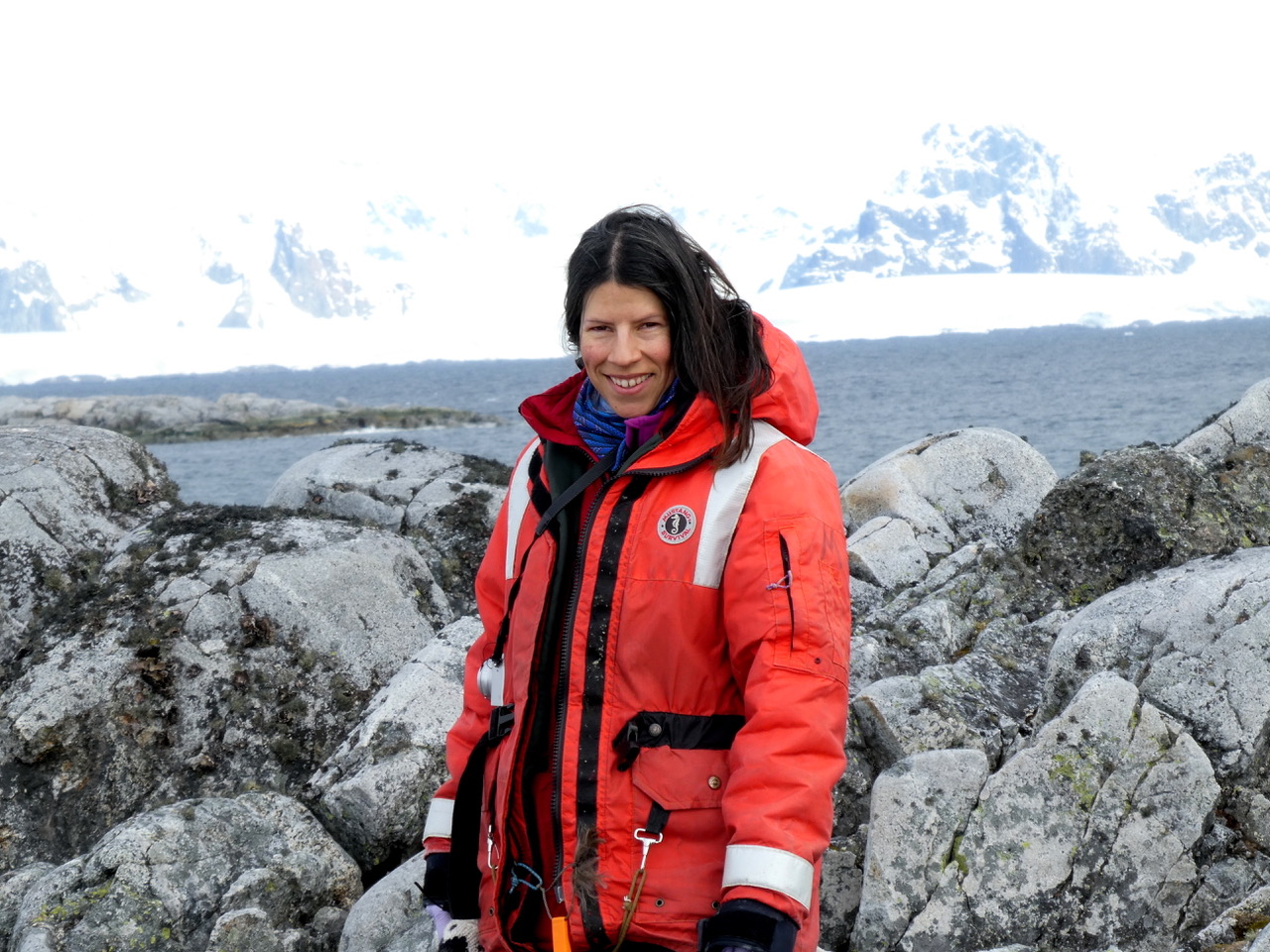
Co-Principal Investigator
Dr. Natasja van Gestel, Assistant Professor
Area of Expertise: Carbon cycle modeling, impact of climate change on microbial communities, citizen science
Chickasaw Nation
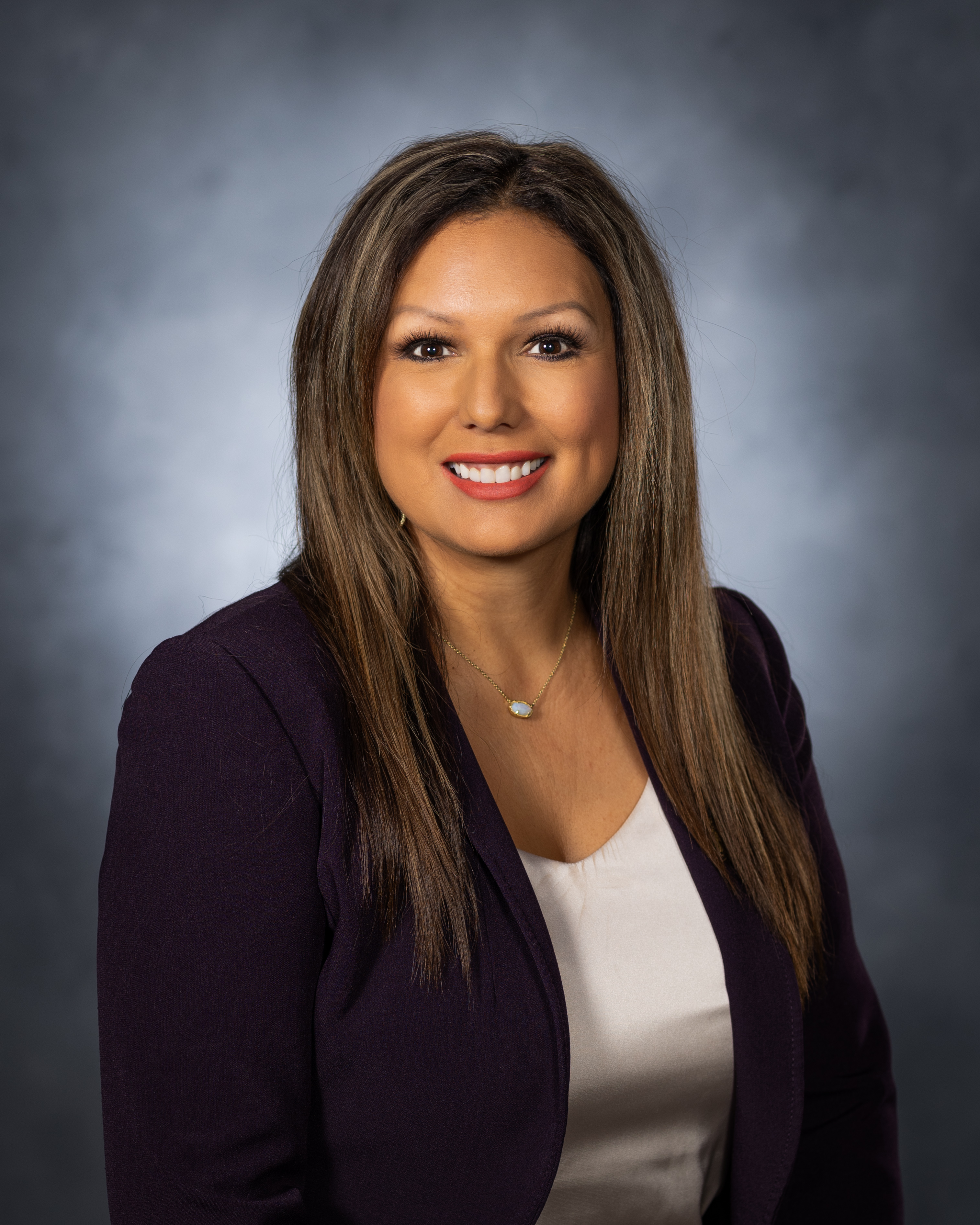
Principal Investigator
Jennie Mosely, Director of Land Sustainability and Services
Area of Expertise: Native Land Management and Protection
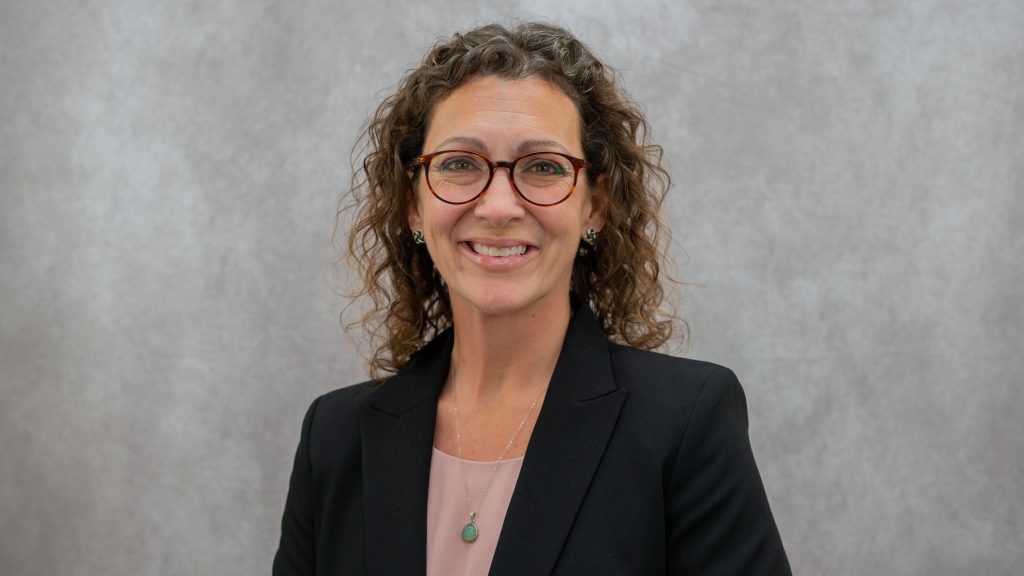
Co-Principal Investigator
Amelia Cook, Sustainability Science Manager and Tribal Liaison
Area of Expertise: Science Education, Tribal Engagement
Choctaw Nation
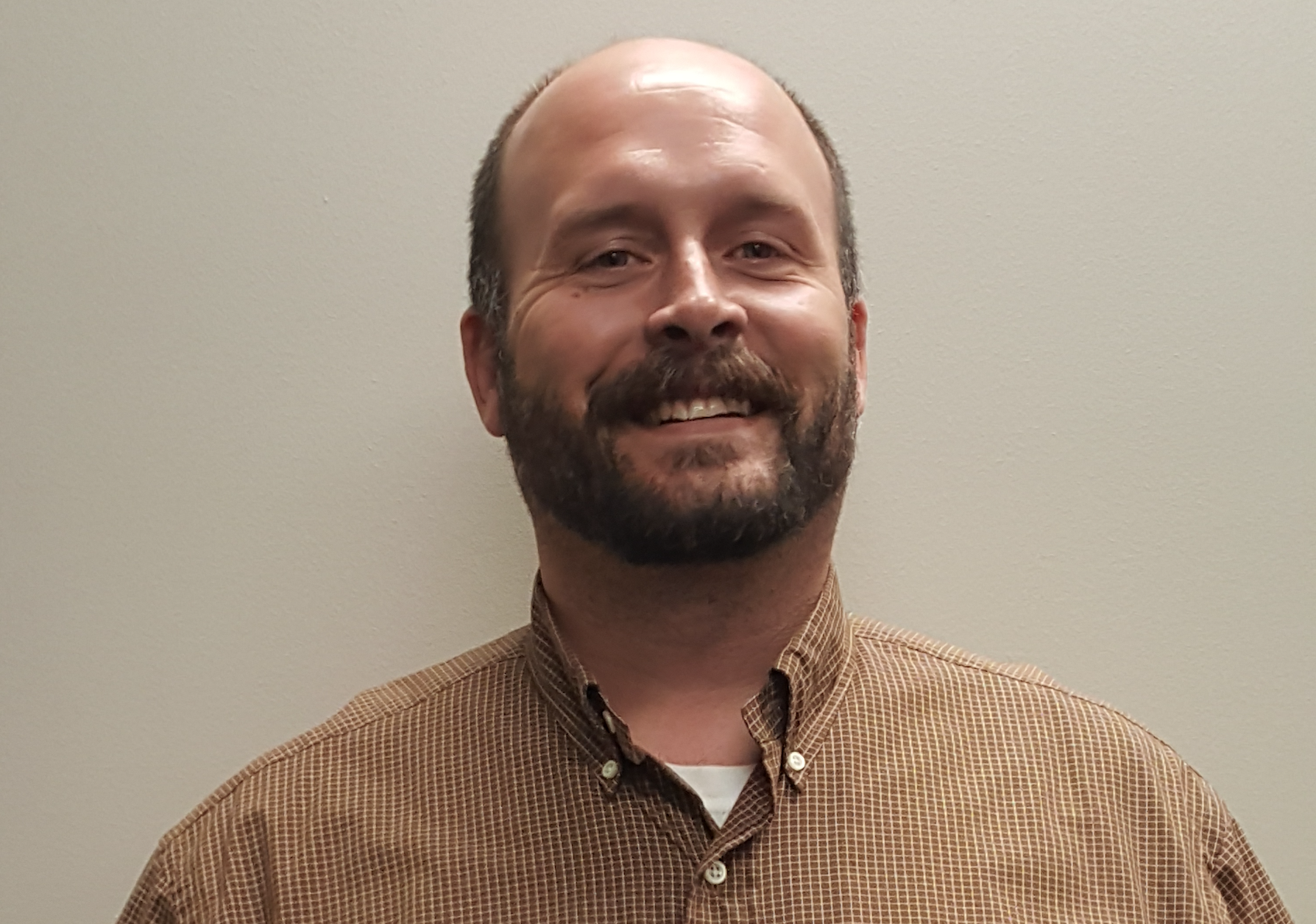
Principal Investigator
Tye Baker, Sr. Director of Environmental Science
Area of Expertise: Tribal professional capacity building, water resources
Oklahoma State University
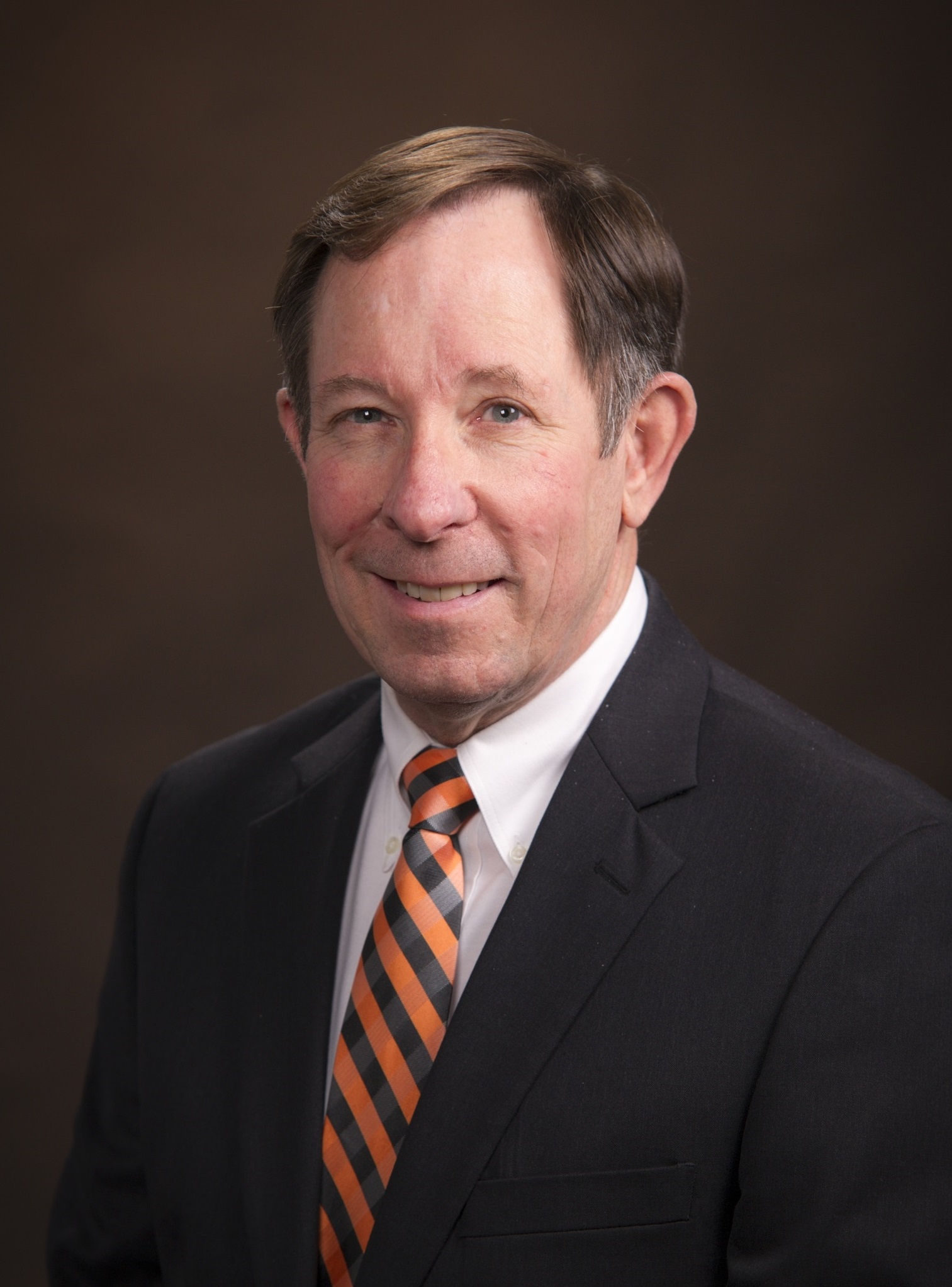
Principal Investigator
Dr. Jim Ansley, Department Head of Natural Resource Ecology and Management
Area of Expertise: Rangeland vegetation ecology, woody plant encroachment.
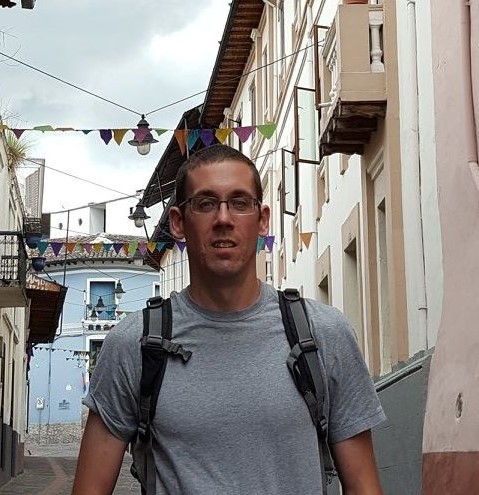
Co-Principal Investigator
Dr. Scott Loss, Professor, Department of Natural Resource Ecology and Management
Area of Expertise: Global change ecology, wildlife ecology, climate change effects on wildlife and habitat
University of New Mexico
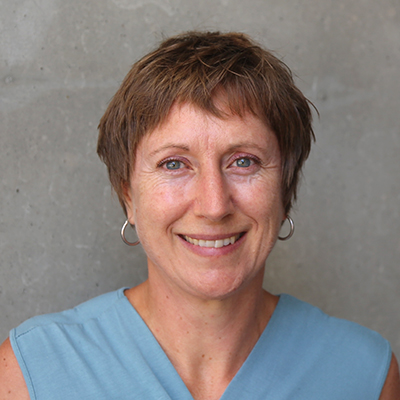
Principal Investigator
Dr. Renia Ehrenfeucht, Department Chair & Professor of Community & Regional Planning
Area of Expertise: Urban studies, adaptation & planning, policy
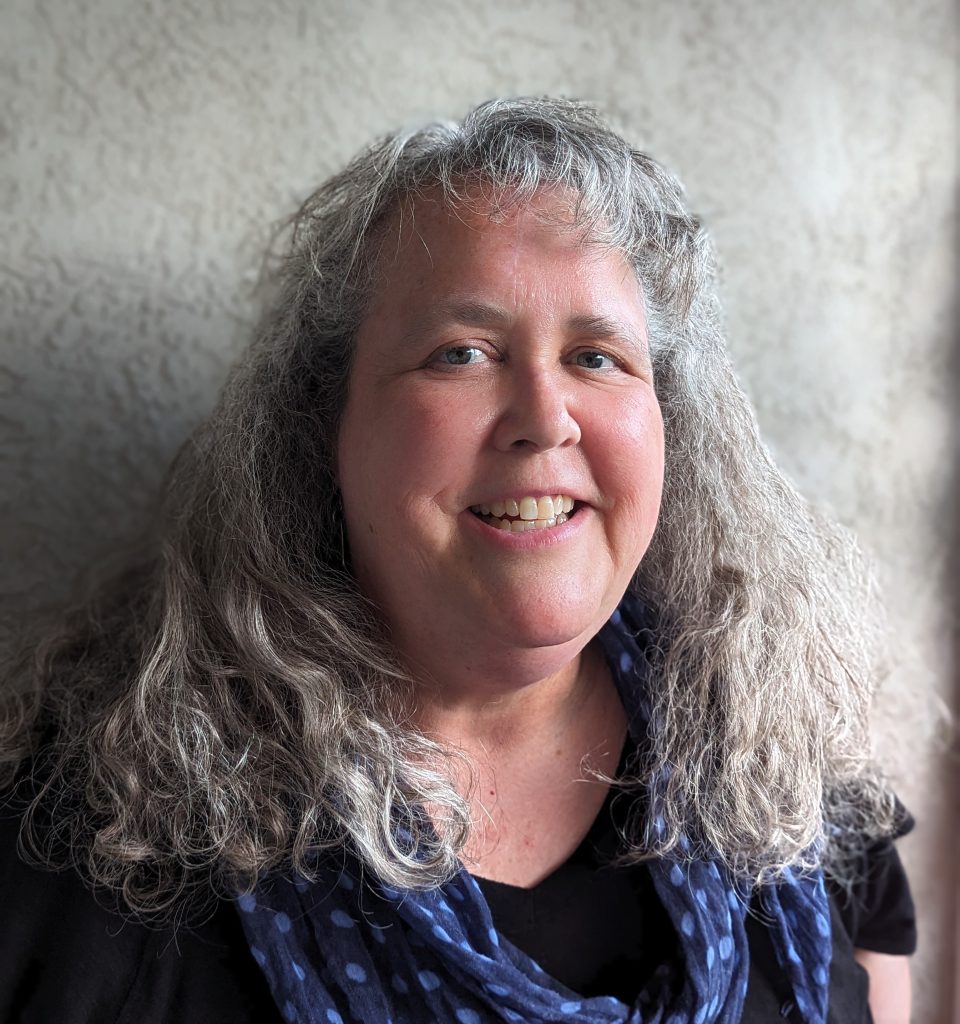
Co-Principal Investigator
Dr. Rebecca Bixby, Research Professor, Department of Biology, Director, Water Resources Program
Area of Expertise: Aquatic ecology, community ecology/ecosystem ecology interactions, water resources
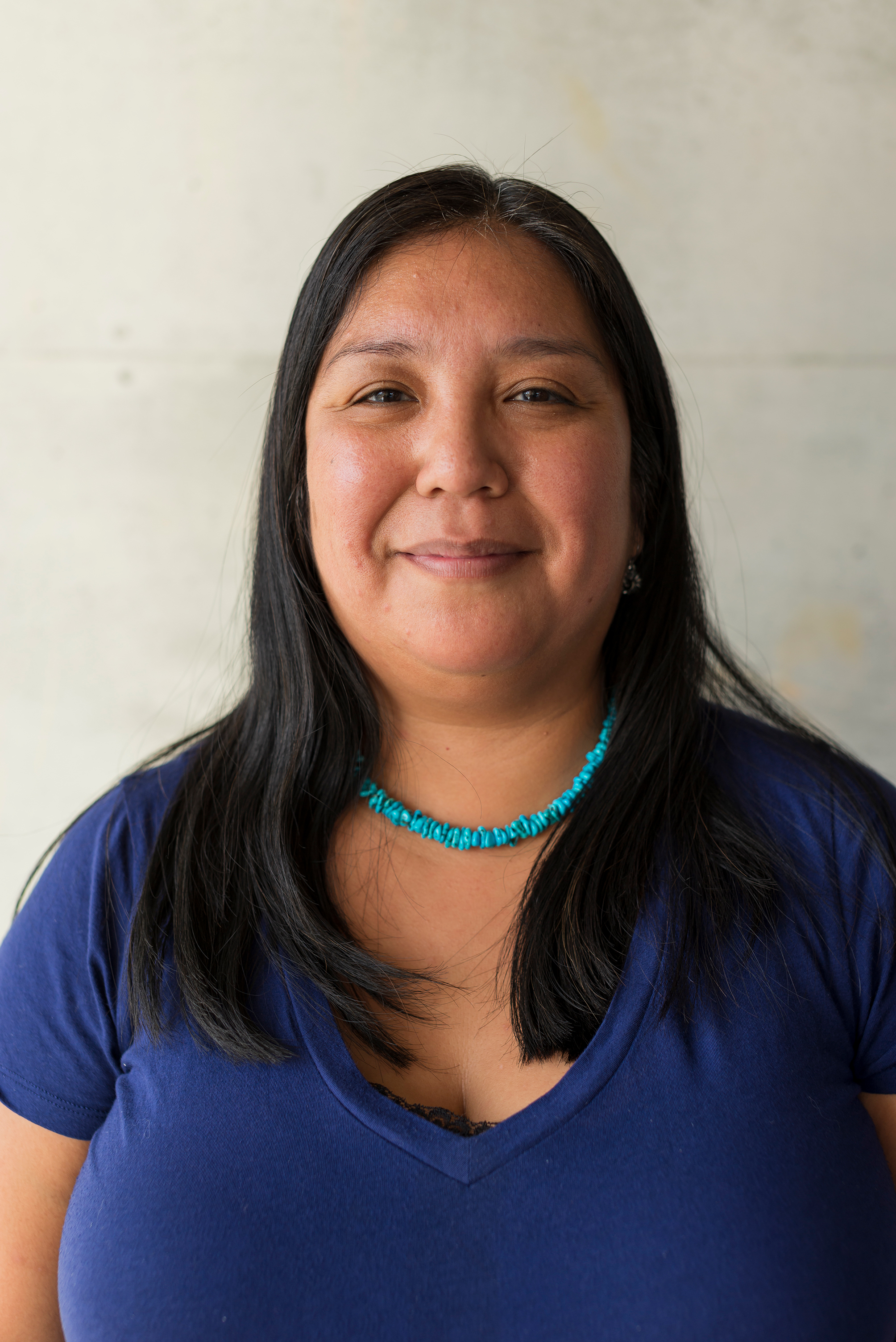
Co-Principal Investigator
Lani Tsinnajinnie, Assistant professor
Area of Expertise: Mountain and watershed hydrology, impacts of climate change on mountainous water resources, watershed management and planning, water management in Indigenous communities